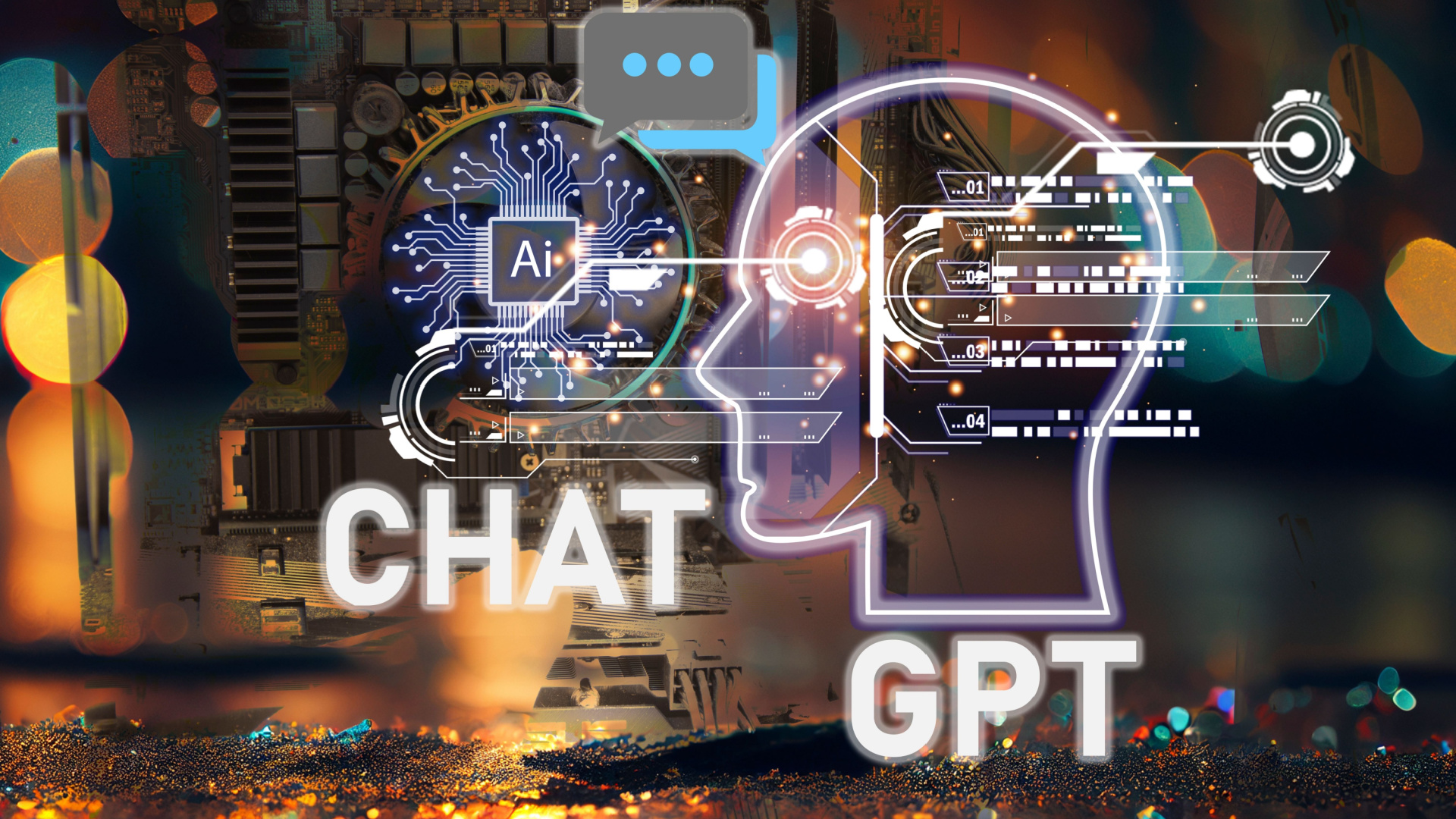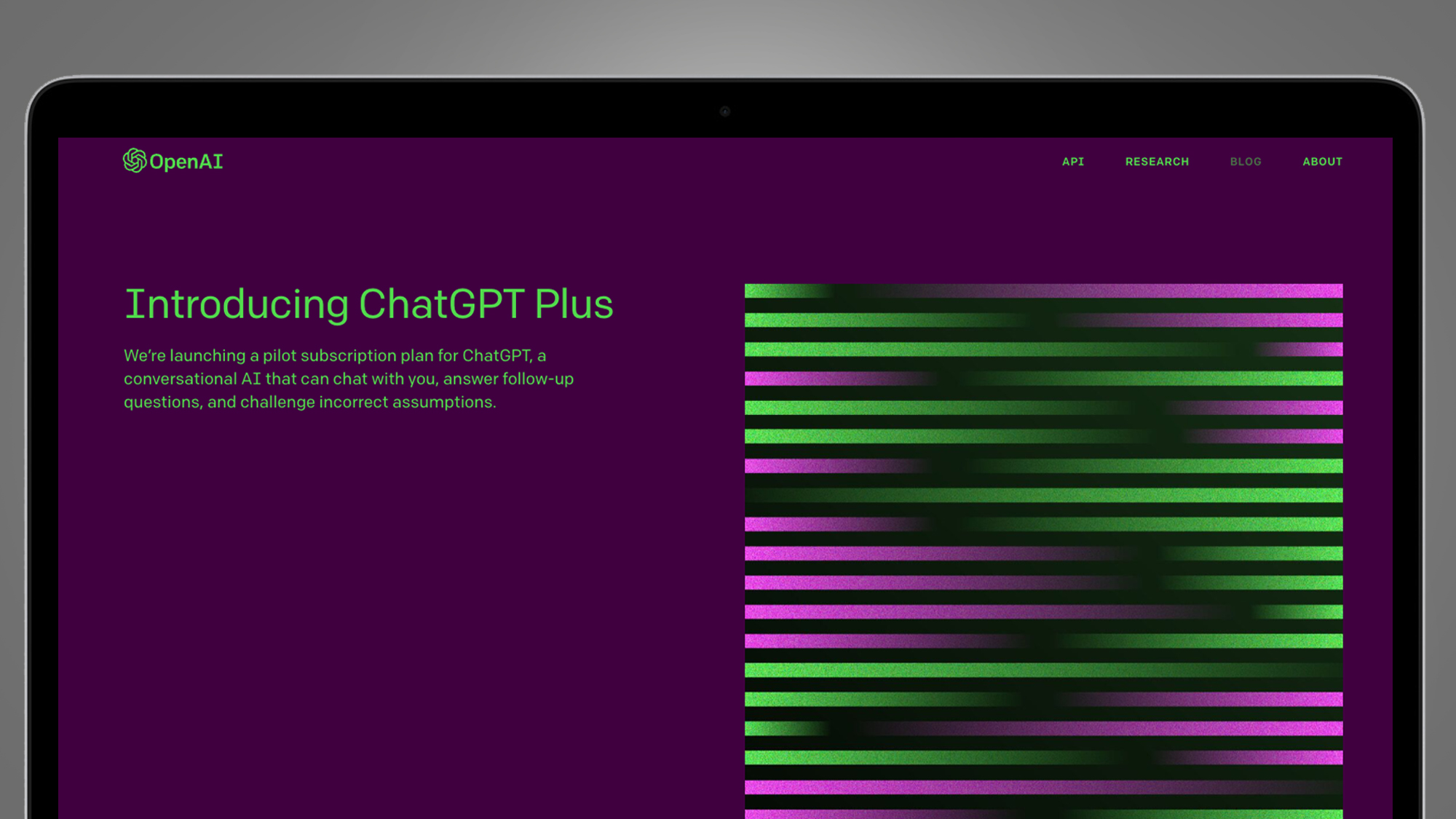It’s fair to say that ChatGPT, an Artificial Intelligence chatbot that can reply to user questions in an impressively human-like way, has made quite a splash, especially recently with Microsoft baking it into its Bing search engine. The potential for the technology to make a huge impact on how we search the internet, and even how new content is created, has certainly got a lot of people excited – including Nvidia CEO Jensen Huang, who likened ChatGPT to the launch of the iPhone. Regardless of what you think of Apple, you can’t deny that when the iPhone was unveiled back in 2007, it revolutionized the smartphone market, which makes Huang’s comments at Berkeley Haas University certainly notable. In a question and answer session with students at the university (which you can view below), Huang noted that not only was ChatGPT incredibly popular, but the way people were using it for such different things is what makes the tech so exciting. “When was the last time we saw a piece of technology that is so versatile that it can solve problems and surprise people in so many ways so often?” Huang asked in response to a question about his thoughts on ChatGPT. “It can write a poem of course, it could fill out a spreadsheet, it can write a SQL query and do a SQL query, it can write python code, it can write Verilog.” The sheer scope of ChatGPT’s potential, and the fact that it has inspired a large number of people to start creating diverse tools that use it, has led Huang to believe that this “is the iPhone moment of artificial intelligence. This is the time when all those ideas within mobile computing and all that, it all came together in a product that everyone [can see the potential of].” The iPhone launch laid the groundwork for the App Store (which arrived alongside the iPhone 3G), and Huang highlights that as being particularly important as it allowed people to write “something and took about a couple of weekends and they have a piece of software that they can download from the app store.” While it may not be quite as easy as Huang implies to create an iPhone app from scratch and get it on the App Store, it certainly ushered in a new generation of coders and app makers, rather than just allowing huge software companies access to the store. The sheer breadth and diversity of apps and games is definitely a key factor that made the App Store such a success. Huang suggests that while coding for computers has got “harder and harder” over the past 40 years, almost overnight ChatGPT meant that “everyone can program a computer. You just have to prompt this thing to write a program for you.” Can anyone really make a new computer application by simply asking ChatGPT to write the code? There are already examples of coders getting ChatGPT to create WordPress plugins and websites in a matter of minutes, and Huang suggests that “what OpenAI has done… [is] genuinely, one of the greatest things that has ever been done for computing. We have democratized computing in a very, very large way. So I am very excited about that.” Huang’s excitement for ChatGPT is palpable, and as CEO of Nvidia, he certainly knows a thing or two about AI and computing. However, I think he may be being a bit premature, especially when comparing it to the iPhone. The iPhone achieved two important things that helped it shape the smartphone market. The App Store ultimately delivered a huge amount of apps, bolstered by the fact that it was relatively easy for people and companies to add their own apps to the store. The second was to show off the capabilities of a primarily touch-screen controlled smartphone to potential customers. While the possibilities of ChatGPT have certainly got people thinking of how it could help them with certain tasks, such as coding, I have a feeling the mainstream haven’t got a clear idea of how it can help them in their day to day lives. When it comes to coding, it's certainly impressive, but there’s no way AI will replace human coders any time soon. I wouldn’t trust any AI-made app or website that hadn’t been tested thoroughly first. There’s been almost as many examples of ChatGPT and other similar AI implementations getting things wrong (such as Google’s rival Bard, which embarrassingly returned an incorrect answer during the company’s launch event for it), as there have examples of how it can transform computing. ChatGPT, therefore, has a long way to go before people trust it to produce programs that aren’t tested by humans. The fact that it draws its coding knowledge from millions of lines of code written by humans further shows how essential human input still is. Instead, what ChatGPT does a good job of is providing inspiration and building blocks for human coders. There have been some interesting examples of how ChatGPT can help check code for errors and even do some prototyping, and it’s as a supplementary tool where it really shines – rather than being the sole creator and developer. That time may yet come, but I feel it’s a long way off. I’m not saying ChatGPT isn’t exciting – it certainly is, and I’ve enjoyed playing around with it myself – but I think Huang may be being a bit premature when likening it to the iPhone. Would Apple’s handset have had the same impact if Steve Jobs had shown off an early prototype that only occasionally worked, and when it did, still needed help from its user? Of course not. The iPhone was unveiled as a complete vision – and while it wasn’t perfect, it was clear how it could fit into our day-to-day lives seamlessly. ChatGPT is promising, but it’s not there yet.Coding for all

Don’t get too excited… yet

source https://www.techradar.com/news/nvidia-says-chatgpt-is-ais-iphone-moment-but-im-not-convinced
Rule #21 of the internet: Original content is original only for a few seconds before getting old.


